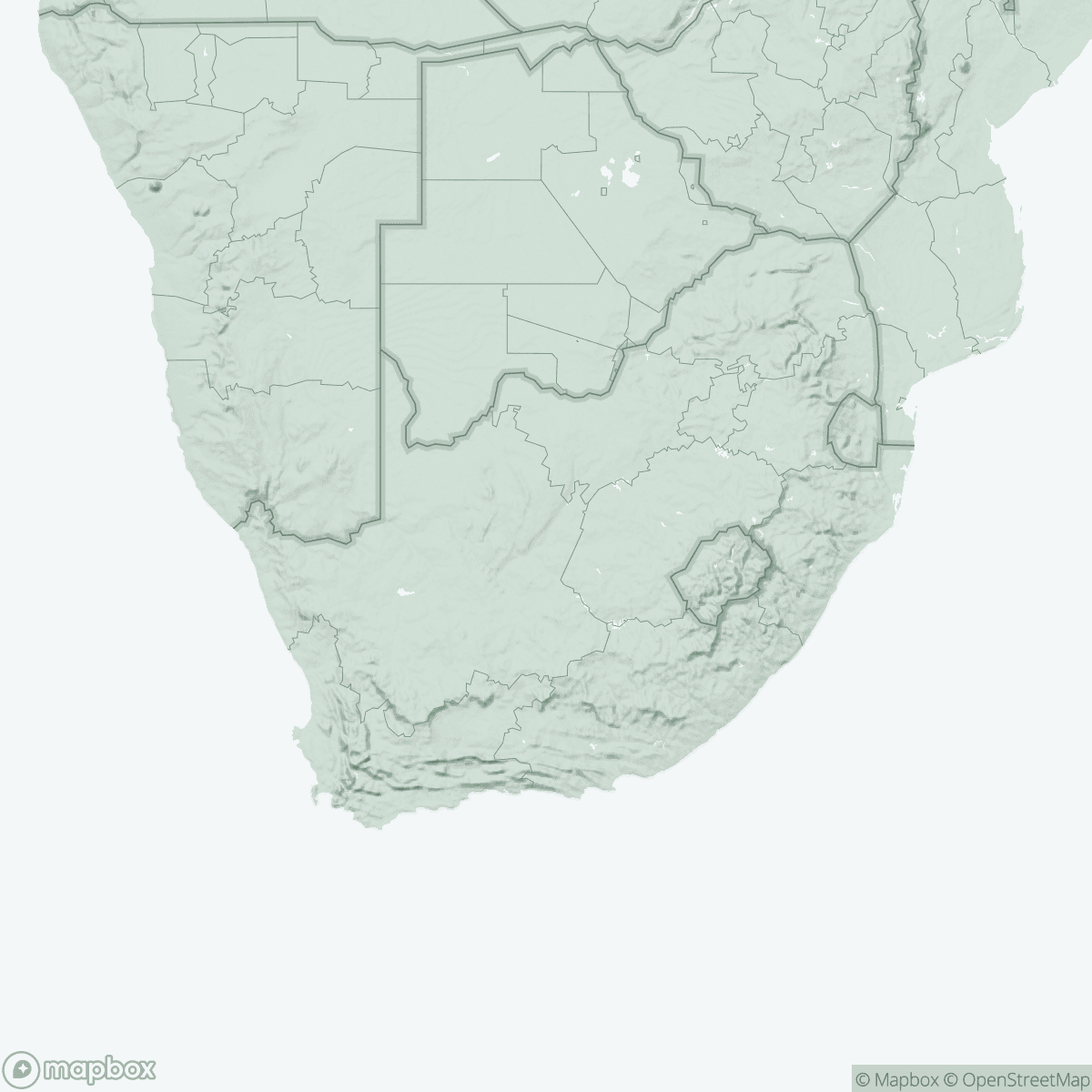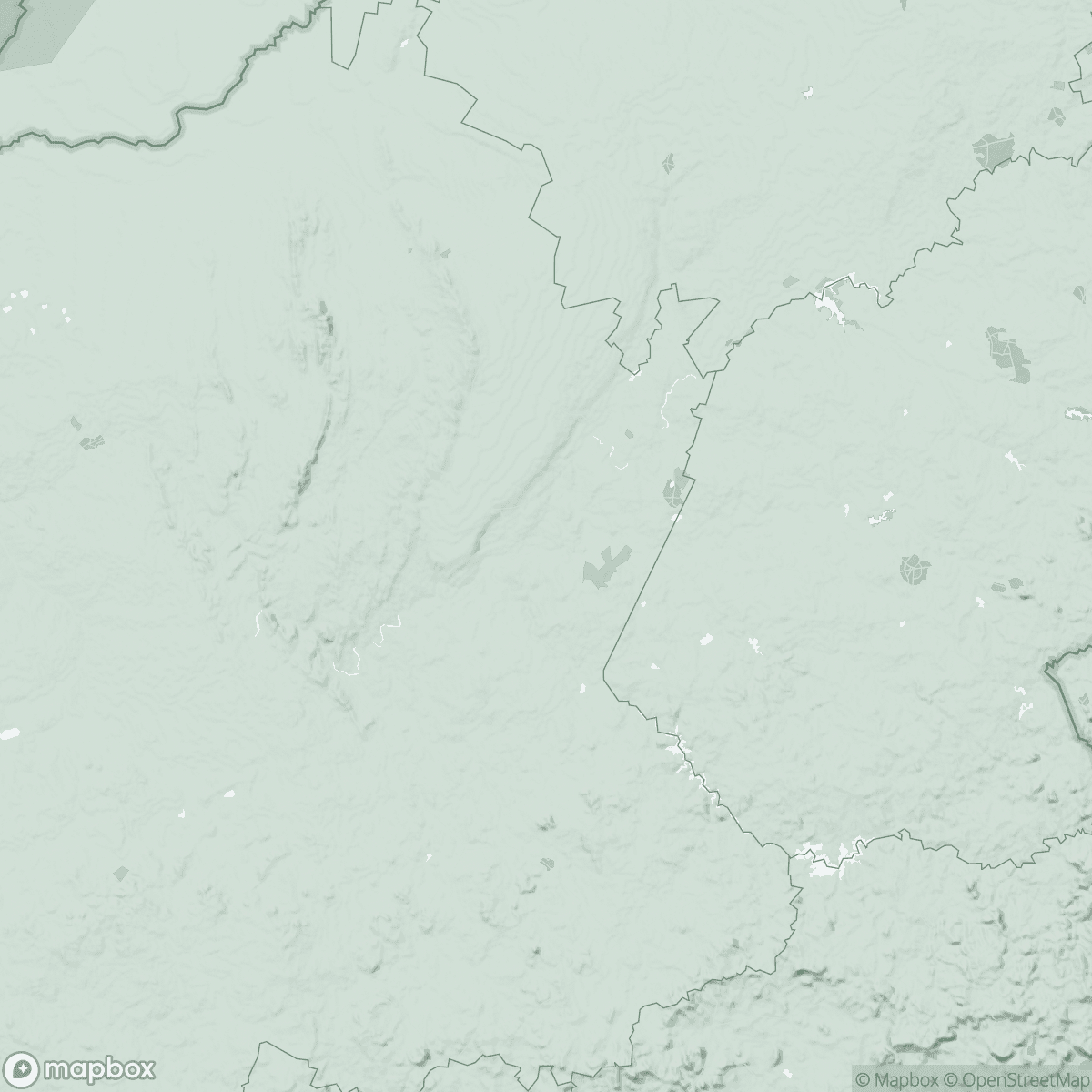
South Africa
In South Africa, Médecins Sans Frontières (MSF) focused on training health staff to strengthen the response to both communicable and noncommunicable diseases.
Since 2022, MSF has been running a noncommunicable diseases (NCDs) project in Butterworth, Eastern Cape province. With the Department of Health, MSF provided training on hypertension and diabetes to nurses, community health workers, and data entry clerks in Mnquma subdistrict.
Following the training, we donated vital signs monitors and digital scales with stadiometers to health facilities, and closely supported healthcare facilities, with improvements to infrastructure and logistics. We also conducted health education training for community-based organisations, and ran health promotion sessions on NCDs in the community and through social media and radio.

The Department of Health approved three external pick-up points for medication, which MSF equipped. Pick-up points are managed by independent healthcare providers, who dispense the medication free-of-charge to patients, on behalf of the government.
To ensure an integrated approach for all NCDs, efficient use of resources, collective advocacy, and full community involvement, MSF partnered with other humanitarian and health-focused NGOs in Amathole, where our project for non-communicable diseases is located, to form the Amathole District Partners forum, a platform where we can develop joint strategies.
In 2024, we trained Department of Health staff in digital health promotion to equip them with the skills to respond to disease outbreaks. Following the training, we supported the launch of a two-week digital campaign to raise awareness of mpox, which reached millions of people.
We were also a key partner in an exercise assessing the country’s capacity to prevent, detect, and respond to public health emergencies, and to strengthen the health security system, which was successfully completed in the last quarter of 2024.

